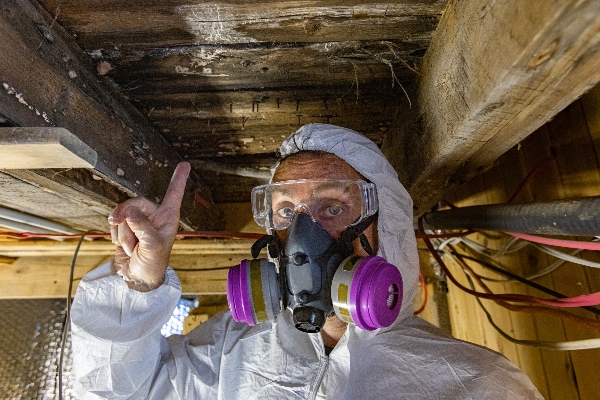 One of the biggest problems you can find in a home is mold. No matter if you want to move into a new home or check out the home you live in now, mold detection is necessary to keep your house functioning properly and your family safe. Mold can be a tough problem to locate and even tougher to get rid of once it has begun to grow. Make sure to hire professional mold detection experts like those at Orland Leak Detection to protect your home.
One of the biggest problems you can find in a home is mold. No matter if you want to move into a new home or check out the home you live in now, mold detection is necessary to keep your house functioning properly and your family safe. Mold can be a tough problem to locate and even tougher to get rid of once it has begun to grow. Make sure to hire professional mold detection experts like those at Orland Leak Detection to protect your home.
In this article, we will give you an overview of mold in your home and how to keep your home safe.
What is Mold?
Let’s first take a look at what mold is. Mold is a natural growth that comes from outside your home. In nature, mold helps break down dead plants or animals so their nutrients can be recycled. Mold is helpful, but it needs to stay outside.
If you don’t have specific mold allergies, mold you come in contact with in the world won’t hurt you. Indoors is a different story. Without the natural circulation of air in a home, mold can grow out of control and become dangerous.
Does Mold Like to Live in My Home?
Mold is always on the lookout for new things to eat, so it sends out spores nonstop. Think of your home like a buffet for mold - it will like to “eat” your drywall, old food, wood, and even fabric. Mold also needs water and moisture to grow. Without a wet area, you won’t have mold. Leak and water detection experts can help identify problem spots that may lead to mold growth.
Choose a Mold Inspector Before a Home Inspector
A home inspector is part of the home-buying journey. They will help you assess any damage and the fees that go along with those repairs. However, they are not specifically trained in mold detection. Mold likes to hide and it may not be discovered during your home’s inspection. An expert mold detection specialist can identify and help you clean out any mold problem areas in your home.
Partner with a Water, Leak, and Mold Detection Expert for Your Home’s Safety
Mold detection is needed to keep your home and family safe. Make sure to have your home inspected at least once or twice a year. When you are ready for your home inspection, consider Orlando Leak Detection. We provide 24/7 service so your home and family’s safety don’t need to wait. Contact us today to chat through your problem.

